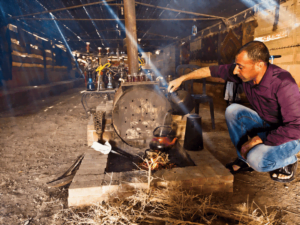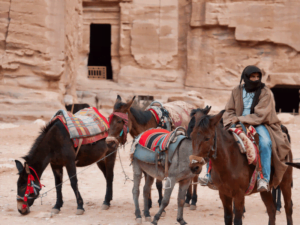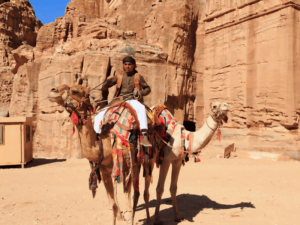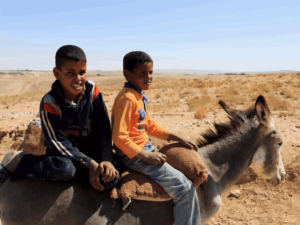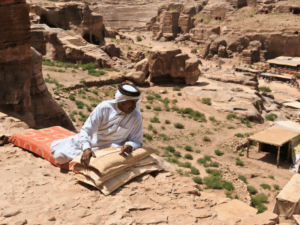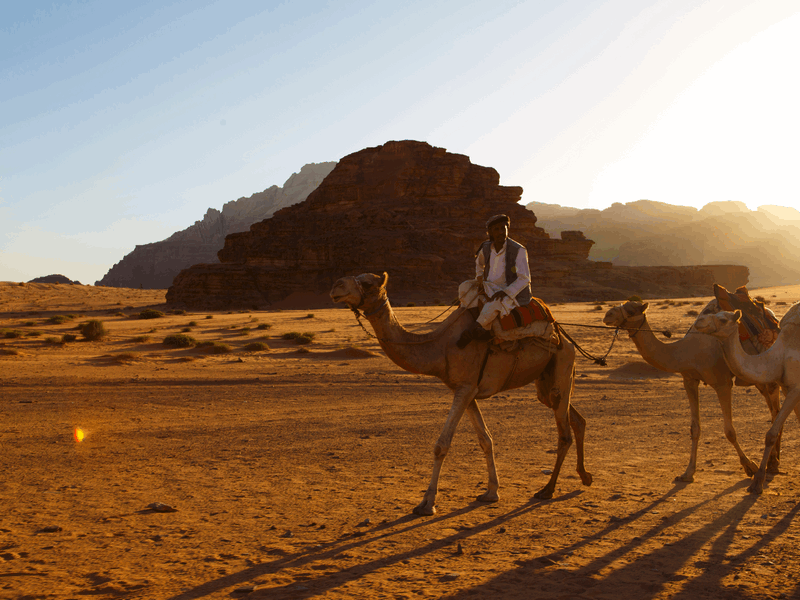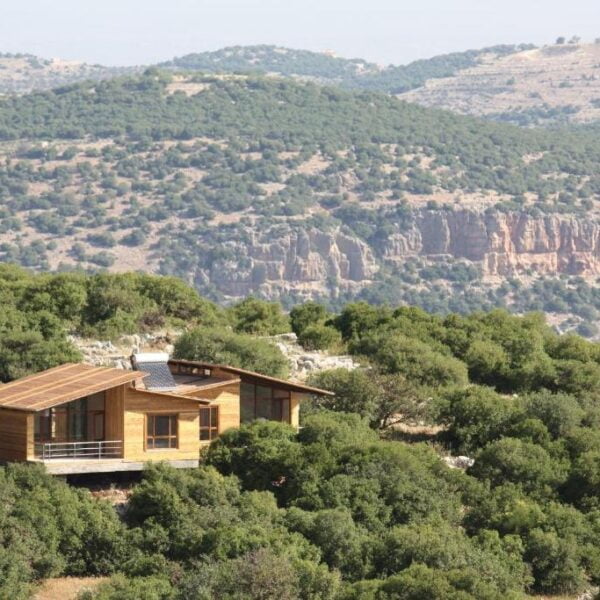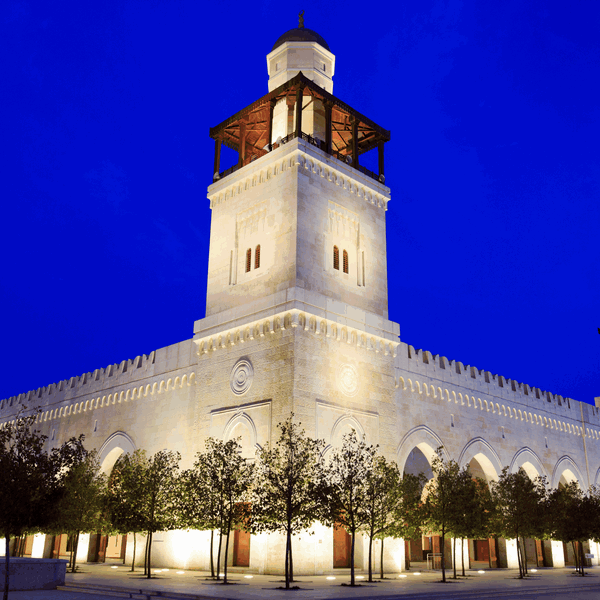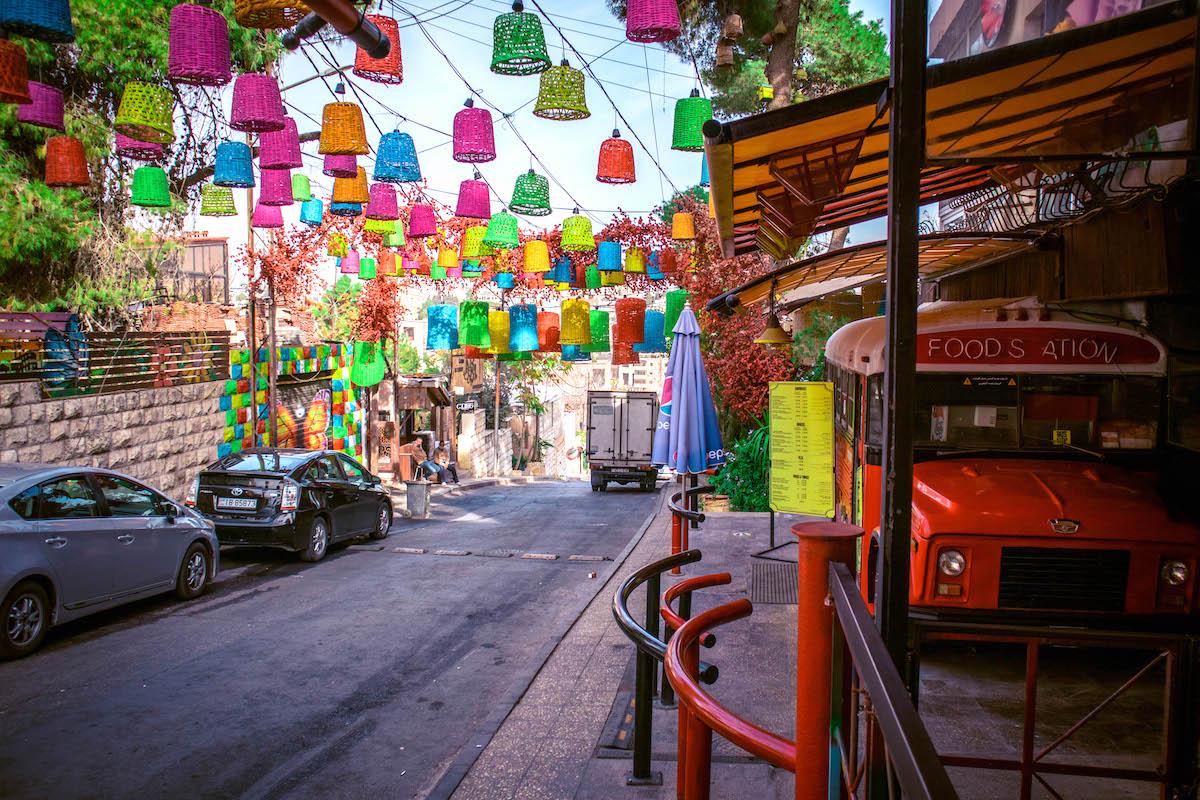Bedouin culture in Jordan:
The Bedouin culture in Jordan is deeply rooted in the desert regions of the country. Bedouins are traditionally nomadic herders who have adapted to the arid environment. Their culture places a strong emphasis on hospitality, tribal identity, and a nomadic way of life.
Lifestyle of Bedouins:
Bedouins traditionally live in tents and are known for their mobile lifestyle, moving in search of grazing land for their livestock. Hospitality is a central aspect of their culture, and they are known for welcoming guests with generosity.
Language of Bedouin in Jordan:
The primary language spoken by Bedouins in Jordan is Arabic, specifically the Jordanian dialect. However, some Bedouins may also have their own tribal dialects.
Religion of Bedouins:
The majority of Bedouins in Jordan, like most Jordanians, are Sunni Muslims. However, there may be some diversity in religious beliefs among different Bedouin tribes.
Alcohol consumption:
Many Bedouins, especially those who adhere strictly to Islamic traditions, do not consume alcohol. However, practices can vary among individuals and communities.
Diet of Bedouins:
Bedouin cuisine is often based on simple, traditional foods. It includes dishes like flatbreads, rice, lamb or goat meat, and a variety of dairy products like yogurt and cheese. Their diet is influenced by what is readily available in the desert environment.
Are Bedouins Arabs:
Yes, Bedouins are considered Arabs. They are an Arab ethnic group with a distinct cultural and linguistic heritage within the broader Arab world.
Conversion to Islam:
The majority of Bedouins in Jordan and elsewhere in the Arabian Peninsula converted to Islam during the early years of the religion’s expansion. Islam played a significant role in shaping their cultural and religious identity.
Beliefs before Islam:
Before the conversion to Islam, Bedouins often practiced polytheistic or animistic belief systems, worshiping multiple deities and spirits associated with nature.
Pure Arabs:
The term “pure Arabs” doesn’t have a strict definition, but it is sometimes used to refer to people or tribes with deep historical roots in the Arabian Peninsula, including Bedouin tribes. However, the concept of “pure Arabs” is complex and debated among scholars, as Arab identity and lineage have evolved over time through intermixing with various ethnic groups.

